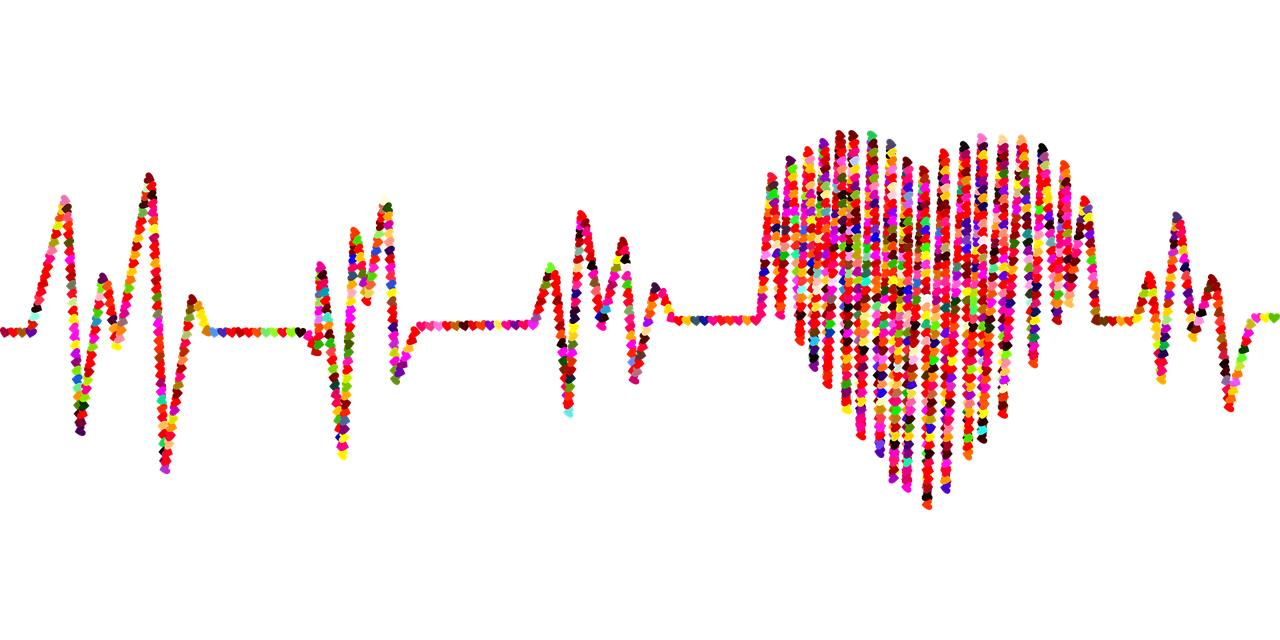|
Cardiovascular Disease typically refers to all diseases of the heart and circulation. For example: congenital heart defects, atrial fibrillation, heart attack, and coronary heart disease. There are many risk factors for cardiovascular disease including congenital defects, high blood pressure, excessive alcohol consumption, smoking, diabetes and stress.
While little can be done about congenital conditions, the good news is that by making lifestyle changes you can help to reduce your risk. Walking for just 30 minutes each day has been shown to reduce your risk by 20%, compared with those who were sedentary. Daily exercise can also help manage your blood sugar which is another risk factor. What we eat of course is also important. Reducing the amount of processed, inflammatory foods in your diet will reduce your risk factors. Enjoying a wide variety of fresh fruit and vegetables daily, foods high in omega 3 fatty acids like salmon, and nuts and seeds and good fats like avocado all help to support the heart and keep it ticking. To learn more about how Nutrition can help, make an appointment with a Nutritional Therapist. Stress and Anxiety But what are you doing about reducing stress and anxiety? We know that stress and anxiety raise levels of stress hormones adrenaline and cortisol. These hormones increase the rate of breathing, heart rate and blood pressure sending the body into the “fight or flight” response. When you live under constant stress the increased demand on your heart begins to cause serious damage. If that wasn’t bad enough studies have shown a link between stress and a change in the way blood clots, increasing the risk of heart attack. So how can massage help? Many of you will have experienced the stress relieving effects of a massage. But do you know how it works? Massage stimulates the parasympathetic nervous system, lowering cortisol and adrenaline and pulling you out of the “fight or flight” scenario. It also increases dopamine and serotonin (our happy, feel-good hormones) and lowers excitatory hormones like norepinephrine and epinephrine (too much of which can lead to feelings of anxiety). Massage also helps to lower cortisol and adrenaline by promoting relaxation and improving sleep. When we get restorative sleep the body is able to recover and the stress hormones return to normal. In addition, massage is a wonderful way to reduce pain levels. When we are in pain, the stress response is activated and our cortisol and adrenaline levels shoot up. Massage helps to calm us down, reducing blood pressure and therefore the strain put on the heart by elevated stress levels. What the studies say…
To book your appointment email Harriette at [email protected] or call us on 01224 969637. https://www.sciencedirect.com/science/article/pii/S2405587516300324 https://www.ncbi.nlm.nih.gov/pubmed/18315516 Chen, W.L., Liu, G.J., Yeh, S.H., Chiang, M.C., Fu, M.Y., Hsieh, Y.K.(2012). Effect of Back Massage Intervention on Anxiety, Comfort, and Physiologic Responses in Patients with Congestive Heart Failure. J Altern Complement Med Jamali S, Ramezanli S, Jahromi M. K, Zare A, Poorgholami F. Effect of Massage Therapy on Physiologic Responses in Patients with Congestive Heart Failure. Biosci Biotech Res Asia 2016;13(1) University of Bonn. "Anxiety Linked To Blood Clots: Fear That Freezes The Blood In Your Veins." ScienceDaily. ScienceDaily, 26 March 2008. <www.sciencedaily.com/releases/2008/03/080325111800.htm>.
0 Comments
Leave a Reply. |
Amazon Associates DisclosureNourishing Insights is a participant in the Amazon EU Associates Programme, an affiliate advertising programme designed to provide a means for sites to earn advertising fees by advertising and linking to Amazon.co.uk. Archives
December 2023
|
WHAT OUR CLIENTS ARE SAYING“I did Nutritional Therapy with Beverley and it was life changing. I highly recommend it!” Allison Blakely (Glasgow)
|
Contact Us |



